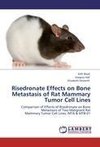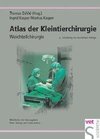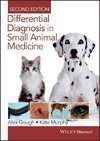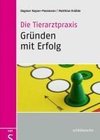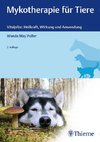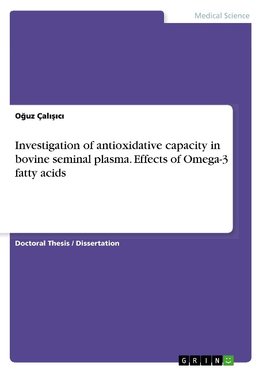
-
 Anglický jazyk
Anglický jazyk
Investigation of antioxidative capacity in bovine seminal plasma. Effects of Omega-3 fatty acids
Autor: O¿uz Çal¿¿¿c¿
Doctoral Thesis / Dissertation from the year 2010 in the subject Veterinary medicine, , language: English, abstract: Bovine semen has been cryopreserved since more than a half century for artificial insemination and nowadays it is being widely used all over... Viac o knihe
Na objednávku
44.37 €
bežná cena: 49.30 €
O knihe
Doctoral Thesis / Dissertation from the year 2010 in the subject Veterinary medicine, , language: English, abstract: Bovine semen has been cryopreserved since more than a half century for artificial insemination and nowadays it is being widely used all over the world. However, it is well known that the cryopreservation procedure is detrimental to sperm particularly because of chemical and physical stress factors which are occurring during this process. One important factor is oxidative stress which, in turn, affects biological membranes and DNA of sperm. Bovine sperm themselves have only few amounts of endogenous antioxidants for the protection against reactive oxygen species (ROS) and the main antioxidant source is the seminal plasma. Therefore, the development of sensitive techniques for monitoring the activity of antioxidants in seminal plasma is of clinical importance. Sensitive chemiluminescence techniques have been employed to monitor total antioxidant capacity of human seminal fluid.
Polyunsaturated fatty acids (PUFA) play an important role in regulating sperm membrane fluidity and spermatogenesis. After freezing and thawing, the portion of PUFA in sperm plasma membrane decreases significantly due to lipid peroxidation. Low portions of C20 and C22 PUFAs in sperm in old bulls were related to reductions in sperm quality and -fertilizing ability.
In various feeding experiments polyunsaturated fatty acids (PUFA) have been supplied to change the fatty acid composition of sperm membrane in order to improve sperm quality and fertility. Indeed, the fatty acid profile of sperm membranes can be modified with diet and an improvement of sperm quality was observed in a variety of livestock species including chicken, turkey, boar and stallion. However, it is possible that feeding of PUFAs reduces also the antioxidative capacity of semen which, in turn, can disturb sperm quality in the case of excessive ROS production.
The aims of this study are: (i) to determine total antioxidant capacity of bovine seminal plasma and its relationship with other antioxidants and sperm quality; (ii) to ascertain whether feeding omega-3-fatty acid reduces the antioxidative status of seminal plasma.
- Vydavateľstvo: GRIN Verlag
- Rok vydania: 2018
- Formát: Paperback
- Rozmer: 210 x 148 mm
- Jazyk: Anglický jazyk
- ISBN: 9783668604131
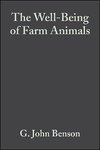


 Nemecký jazyk
Nemecký jazyk 